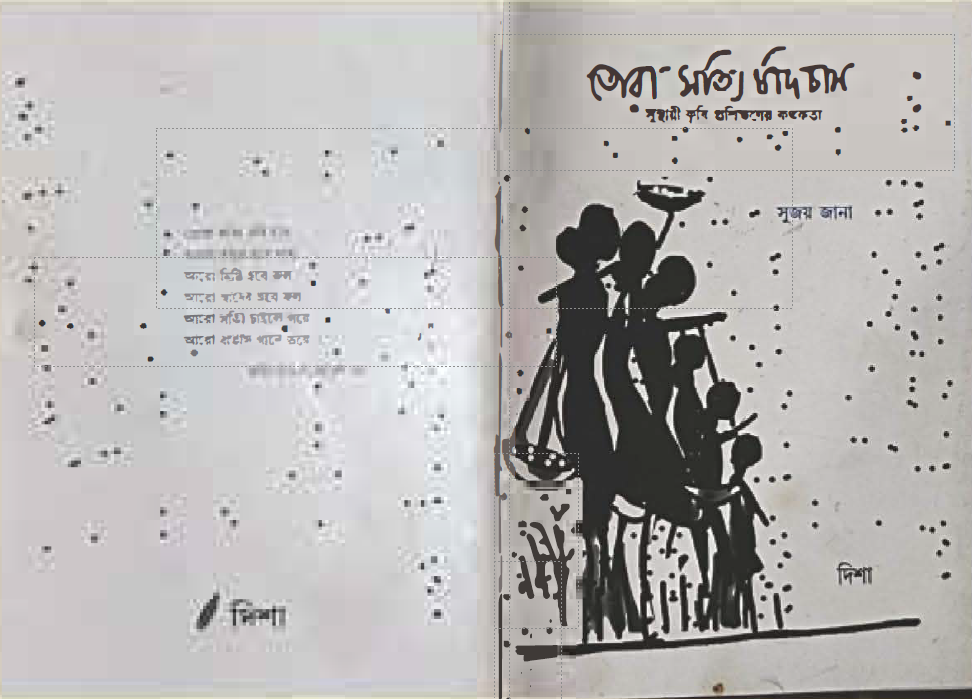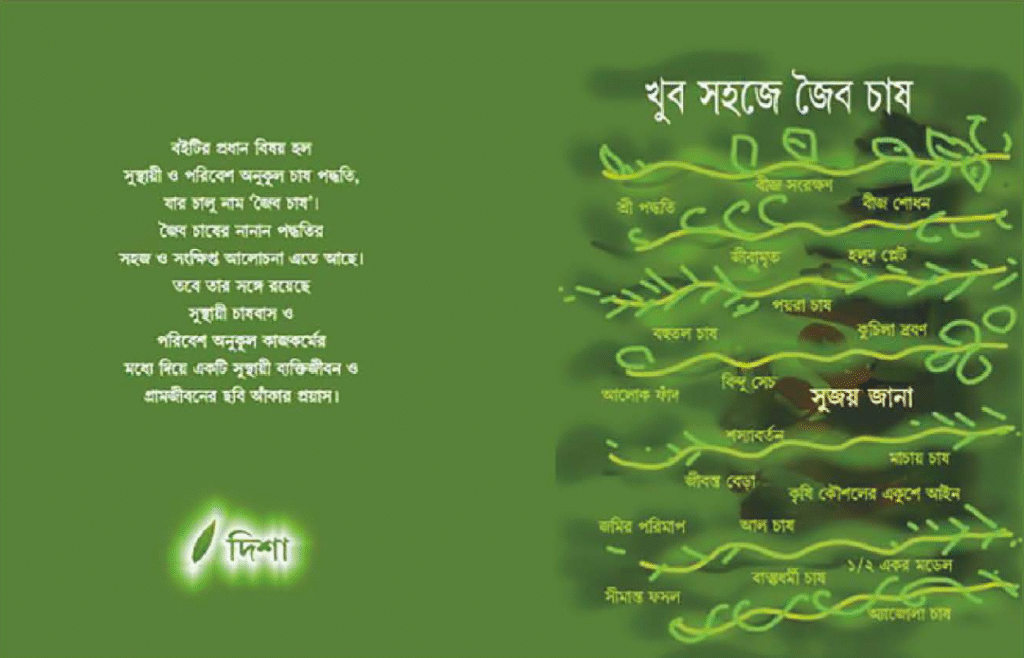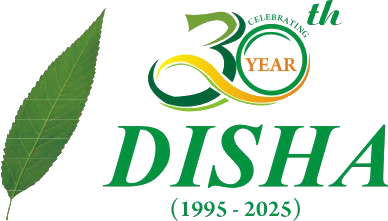A Journey of 30 Years
Society for Direct Initiative for Social and Health Action (DISHA)
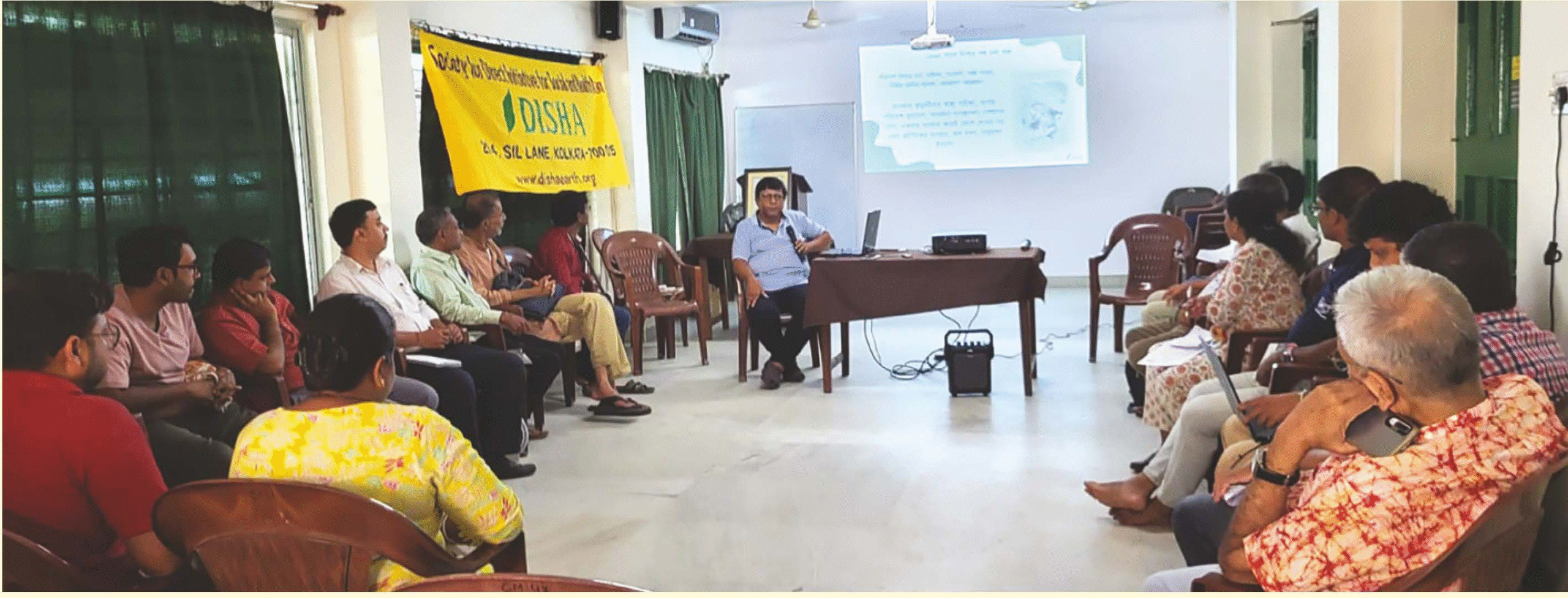
- Running of a clinic for the waste pickers near Dhapa waste dumpsite
- Survey and assessment of disposable plastic use in selected urban areas -leading to regulation and restriction
- Research, training, campaigning and generating awareness on municipal, medical and electronic waste
- Campaign and direct action to protect coastal environment, marine and inland water resources
- Supporting and capacity building of small scale fish workers’ communities for their sustainable livelihood and conservation of aquatic ecosystem
- Research, campaign and awareness generation on toxicity and chemical pollution
- Facilitating child rights, holistic development, quality education, bridging the gaps faced by vulnerable children and adolescent youth
- Supporting and capacity building of forest dependent communities for their sustainable livelihood and conservation of forest ecosystem.
- Strengthening marginal women’s initiative to achieve dignity and social security
Climate change has been the greatest concern in our activities and programmes. In waste, in fisheries, in forest, wherever we work, our aim is to stop production of GHG, conserve natural resources, protect biodiversity, save water bodies, expand forests as carbon sinks, recycle discards.
Towards Zero Waste
DISHA in Waste Management
Segregate - Process - Manage - Sustain
Waste is wealth – only when we segregate it at source. Learning from the waste pickers, we started advocating that recyclable (dry) and biodegradable (wet) waste must be separated at source.
The recyclable (dry) waste should directly go to the waste pickers. They recycle. They fight against climate change. The biodegradable (wet) waste must be processed. Processing yields compost. Processing helps to reduce generation of greenhouse gas and fight climate change. Incineration of waste must be opposed as it destroys the wealth reposed in waste and pollutes the environment.
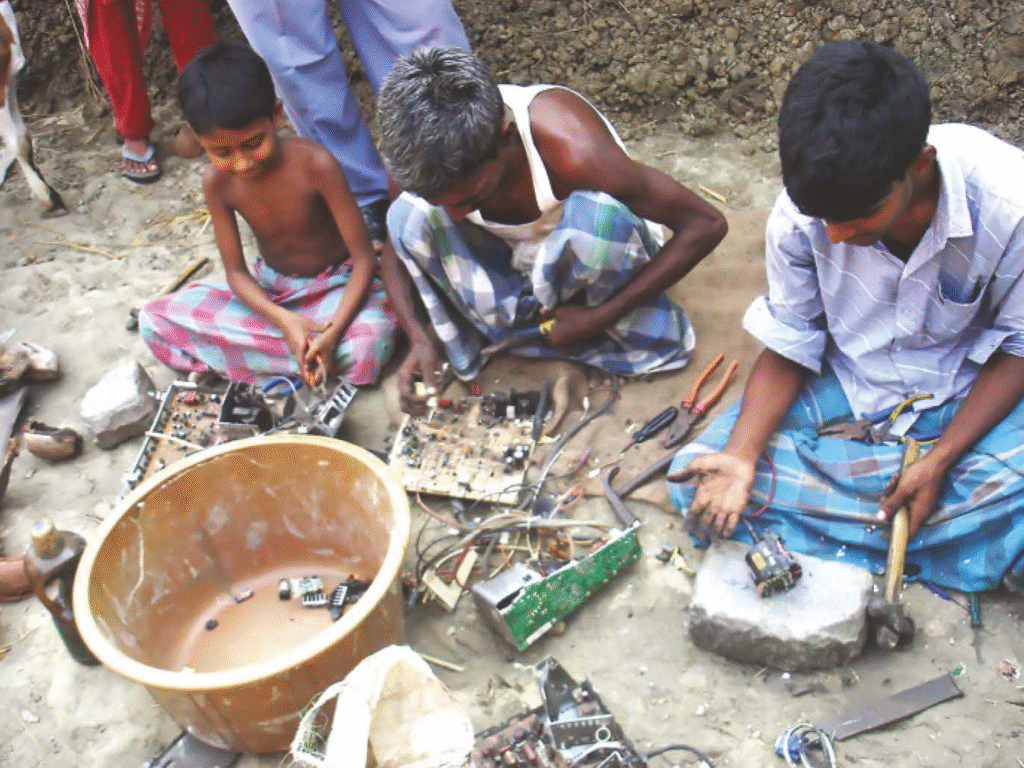
We have been active at national and state levels in appropriate management of various kinds of waste – municipal, plastic, medical, electronic, hazardous etc.
Our Achievements
- Worked with 12 municipalities and 2 development authorities.
- Developed strategy for management of bio-medical waste in rural sector of West Bengal.
- Campaigned against unsafe recycling of electronic waste and channelized the informal waste collectors into the formal and safe recycling practices.
- Collaborate with the Health Department, Environment Department, Pollution Control Board etc.
- Run our composting plant at Dhulagarh Truck Terminal.
- Provide support services to ensure environment friendly waste management for the large events like Tata Marathon, ICC and IPL, concerts and social gatherings.
- Empaneled as a Resource Organisation by the Ministry of Social Justice & Empowerment for profiling of waste pickers to provide them social security and involve them in waste management.
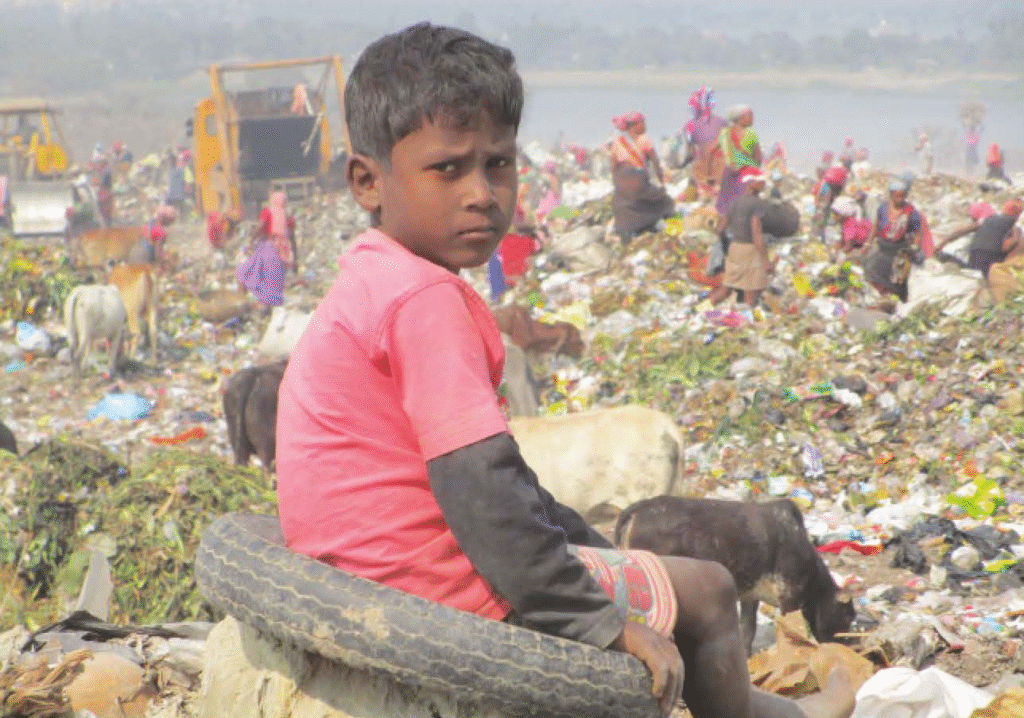
MANAGE WASTE - PROTECT PLANET
Into the Blue
DISHA in Fisheries
Our quest for environmental justice and equity was instrumental in raising concerns for world’s amazing aquatic ecosystems that include ponds, lakes, rivers, and oceans. This led us to small-scale fish workers who are by far the largest primary non consumptive stakeholders of water bodies. We found in them natural custodians of our water bodies and fish resources. The reason has been simple – Good Fish Needs Good Water.
Small-scale fisheries contributions to our society in food security, nutritional status and employment have been exemplary. They include fishers, fish farmers and ancillary workers like fish retailers, sorters, dryers, net and boat makers in the smallscale fisheries value chain.
DISHA is engaged in –
- Capacity building of the fish worker communities to claim and protect their right to access water bodies and fish resources for sustainable fishing and fish farming
- Supporting protection of those resources from pollution, encroachment, over and destructive fishing
- Working to ensure and secure small-scale fish workers’ rights to financial inclusion, infrastructure, information, training and social security
- Supporting self-empowerment of women fish workers with focus on the single women or widows of the community
- Championing climate justice for small-scale fish workers, a community with least carbon footprint, but one of the worst victims of climate crisis
- Supporting development of network of small-scale fish workers’ collectives across the country
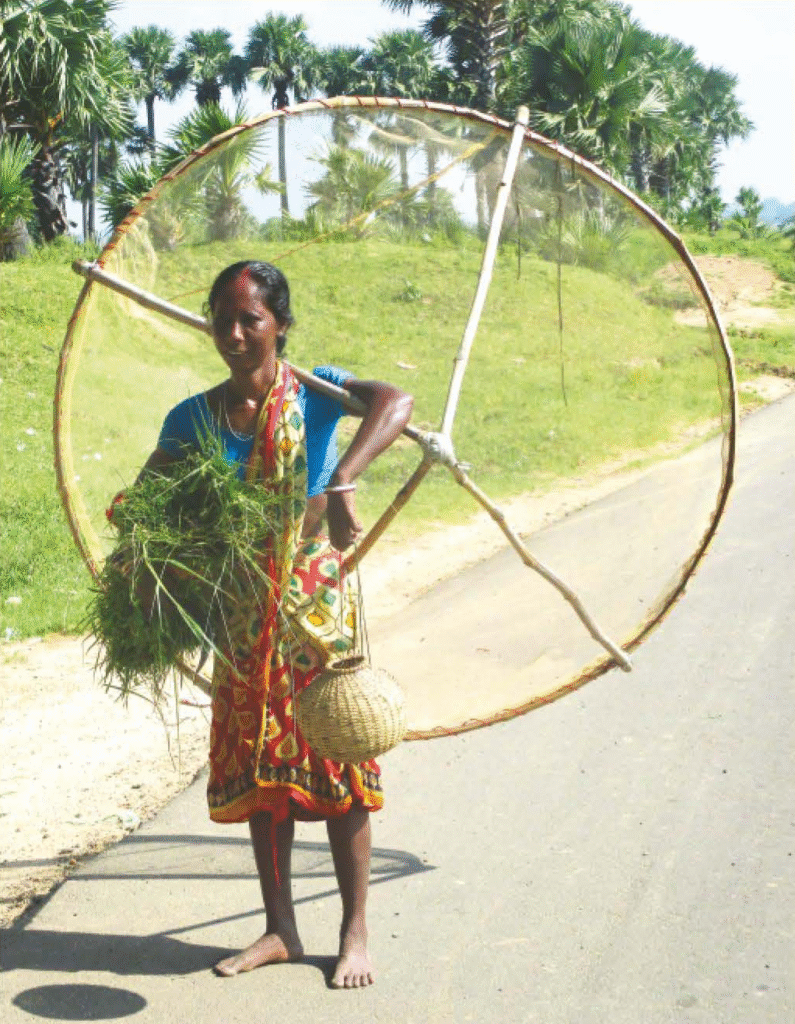
SAVE WATER, SAVE FISH, SAVE FISHER PEOPLE
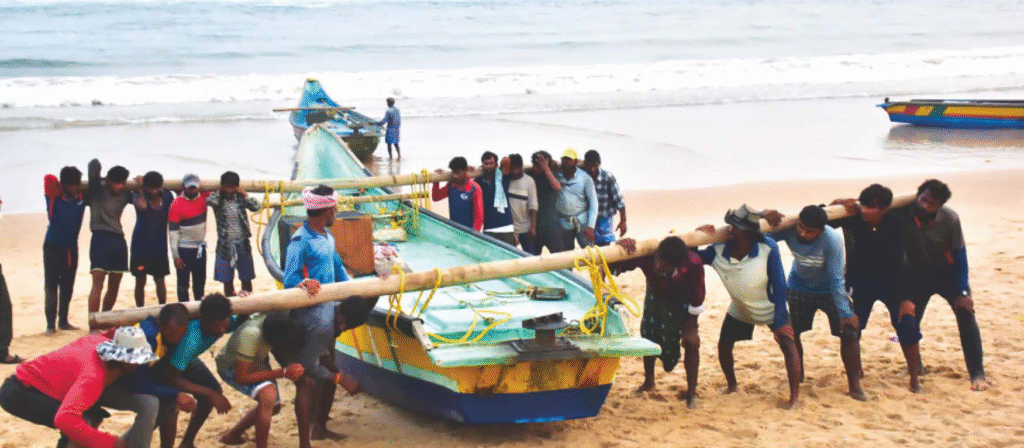
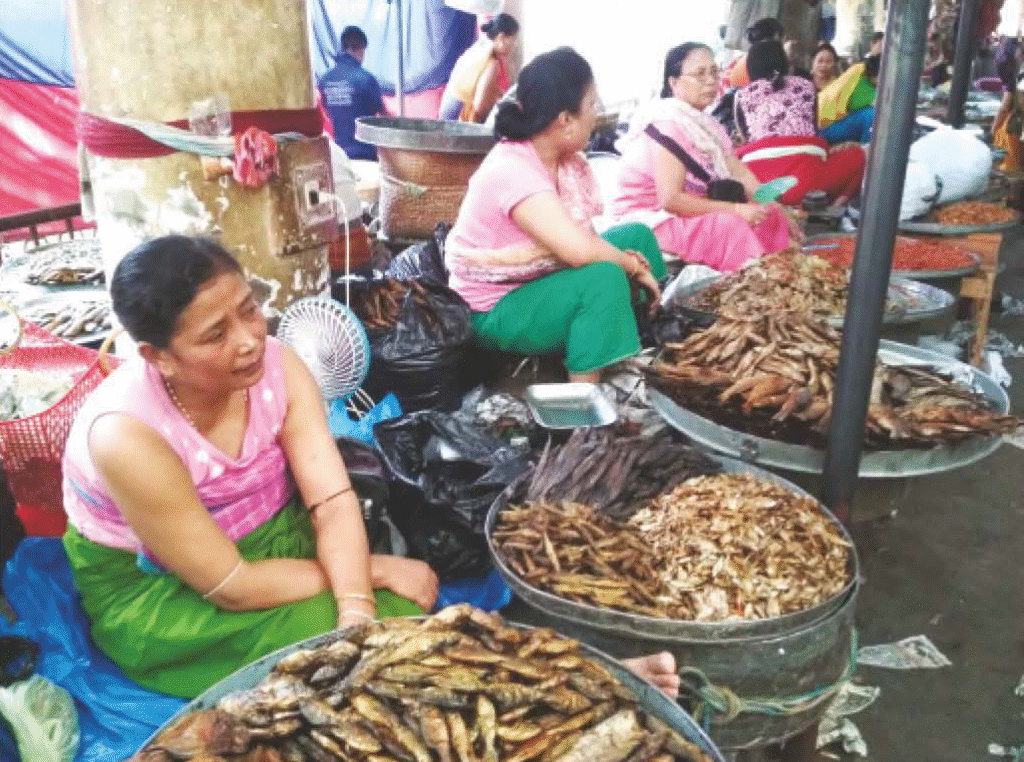
Addressing Historical Injustice
DISHA in Forest
Forests are far more than trees-they embody memory, meaning, and identity. For DISHA, forest protection is a pledge to life itself. Forests regulate climate, preserve biodiversity and sustain forest-dependent communities. Protecting them means safeguarding the Earth’s future.
DISHA partners closely with these communities –
- To honour their traditional knowledge and cultural bonds with the forest
- To translate this wisdom into legal recognition and supportive policies,
- To affirm their rights, dignity, and historical ties to the land
- To support vibrant networks of Gram Sabhas, formed under the Forest Rights Act
- To strengthen initiatives for forest protection and livelihood dependent on forest resources
- To build capacity of the forest dependent villagers for self-governance, addressing local issues and engaging with the authorities
- To initiate forest protection, wildfire control, biodiversity conservation, and sustainable harvesting
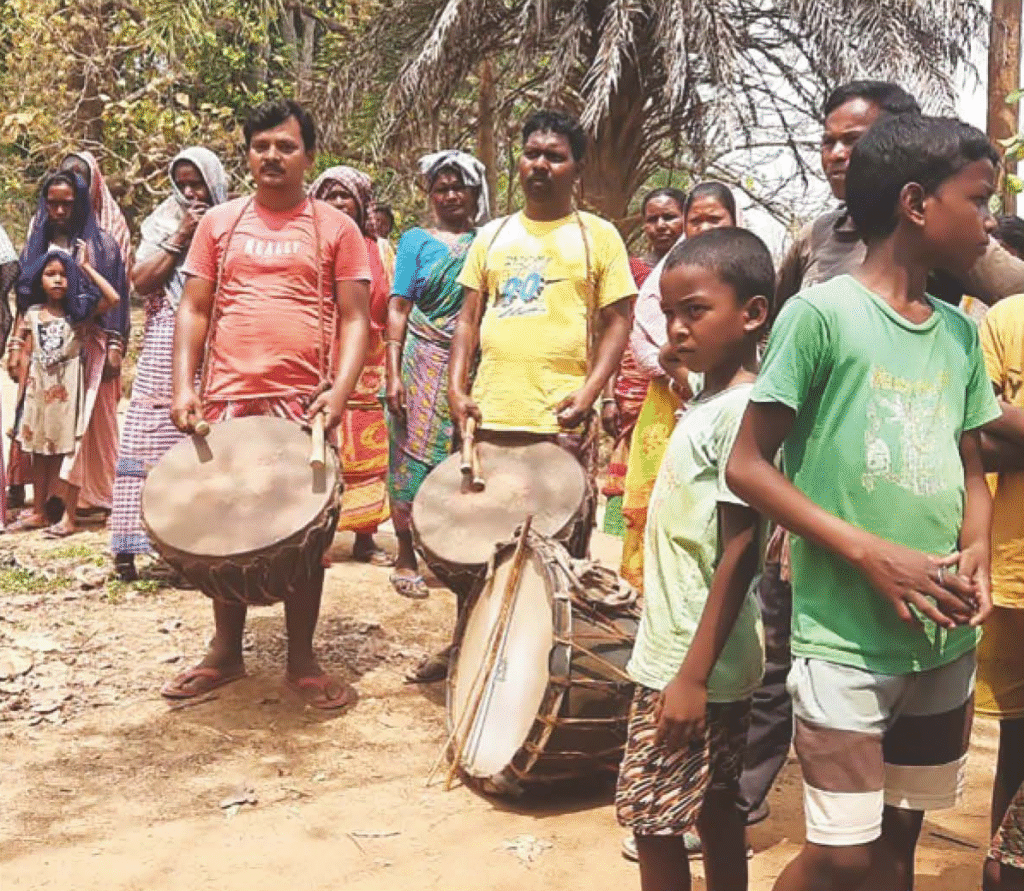
In districts like Jhargram, Purulia, and Paschim Bardhaman, DISHA works with the adivasis and other traditional forest dwellers. In these quiet forested areas, a strong collective of these communities are emerging-driven by awareness,justice, and hope.
Key Interventions Include:
- Awareness programmes on the Gram Sabha’s role and the Forest Rights Act.
- Leadership training for ra1smg community voices to access justice.
- Youth-led forest mapping and biodiversity documentation.
- Support for women in sustainable livelihoods through farming, and entrepreneurship.
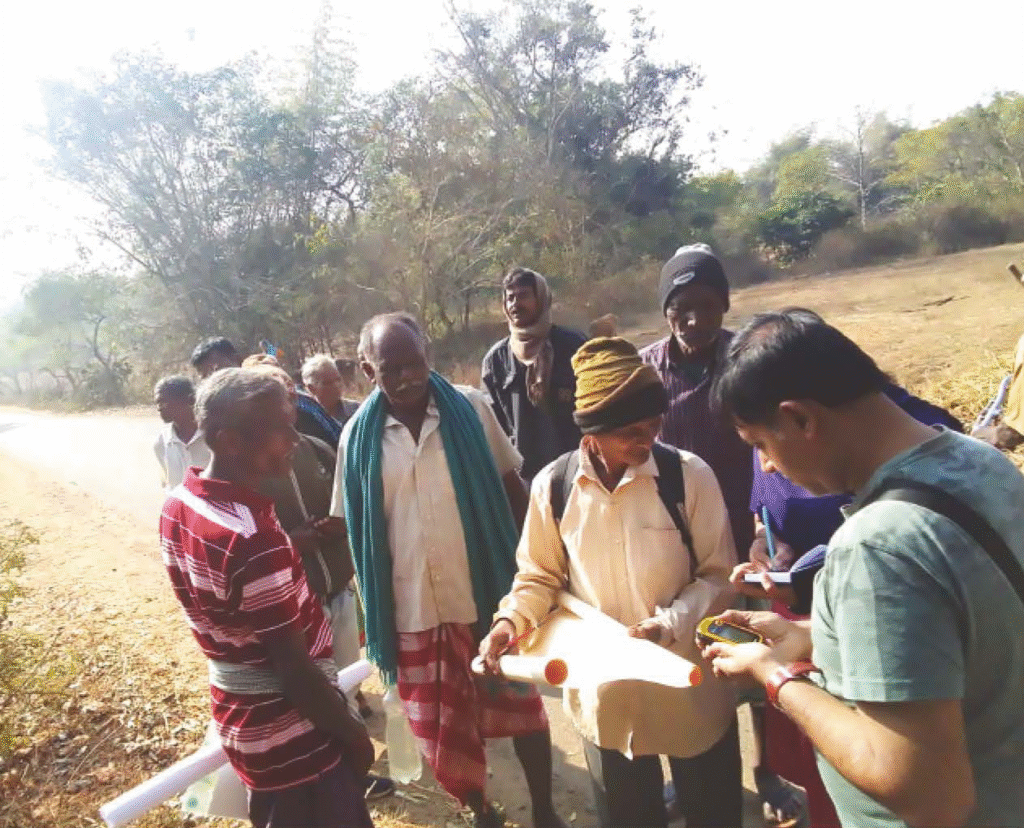
Each protected sapling and reclaimed right tells a story of resilience. Through forests and communities, DIS HA walks this journey-together, with hope.
WHERE ROOTS RUN DEEPER THAN TREES
The Tender Frontier
DISHA with Children
Perhaps the most delightful of DISHA’s engagements are those with the young.
Spread Across Four Districts
Our children are to be found at 16 locations spread across four districts:
- Two villages along the Teesta River in Jalpaiguri District,
- A forest-adjoining village in Jhargram,
- A semi-rural municipal area in Diamond Harbour in South 24 Parganas,
- Twelve coastal villages of Purba Medinipur.
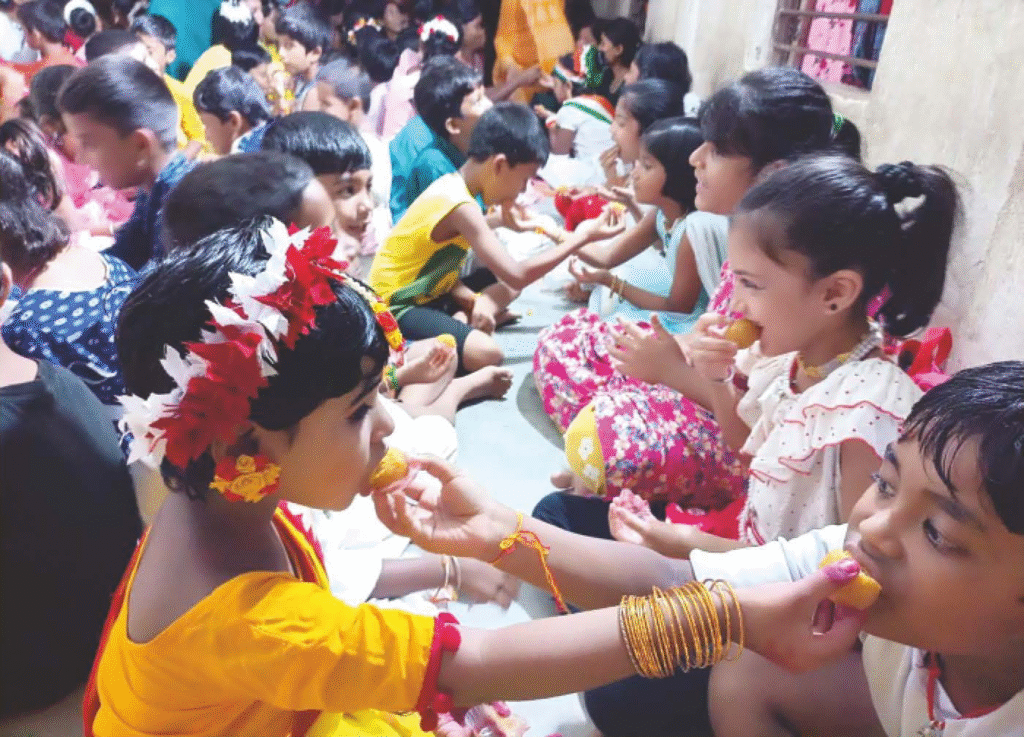
Educational Support And More
In the first three districts, the work is close to conventional-mainly coaching assistance to children from very poor homes at the pre-primary and primary levels. There is, in addition, an effort to introduce the children to the larger landscape of human development-in the form of training in dance, athletics, yoga, martial arts, and pro-environment activities.
Many More, Many-Sided, And Multidimensional
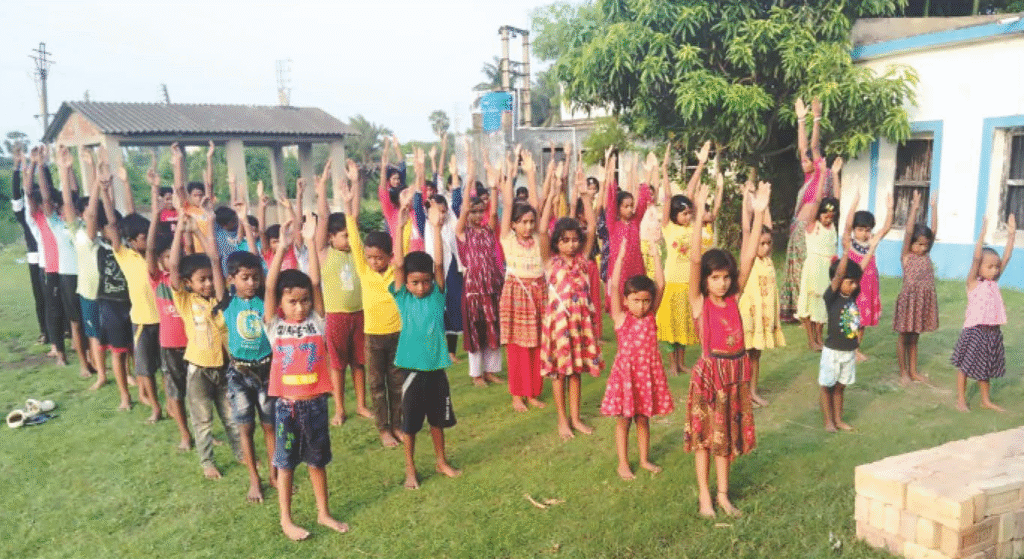
In Purba Medinipur, the site of our decadelong engagement with the young, the activity has a much wider spread (12 villages), is many-layered, and multispectral. The purpose here is to fill up various vacuums existing among disadvantaged rural families in a quick changing world, through
A) Educational sponsorship, regular coaching, periodic counselling, and career awareness camps;
B) Dance and art training, physical fitness and yoga, sports activity, and periodic festivals spread across locations;
C) Adolescent guidance and MHM training;
D) Exposure to the perils and possibilities of digital space, environmental awareness, civic awareness, and related activity.
Our Dream
We look forward to making our children able, assured, and hopeful individuals and to their growing up as responsible citizens.
WHERE THE YOUNG MIND GROWS, FUTURE GLOWS
The Good Earth
DISHA in Farming To till and tend without toxics
The Rainbow
- Environment-smart agriculture includes the entire rainbow of soil and water conservation, ecosystem management, zero or low carbon footprint, low energy use, waste reuse and recycling, and zero pollution.
- It brings wholesome food directly to the family plate and, by cutting ,. costs, improves earnings.
Community Managed Sustainable Agriculture (Anandadhara) Initiative
DISHA’s environmental leanings drew it towards nature-oriented agriculture-based livelihoods.
- We helped the West Bengal government go forward with the firm commitment to nature-minded livelihood activities.
- We helped to prepare CMSA training teams and subsequently they have been working in the State programme.
The Journey
The flavour of their early days of work comes forth in the Bengali booklet, Tora Sotyi Jodi Chaas (‘If you truly want it to’). The fruits of later experiences have informed our other booklets on agricultural training. Since 2017, our work in the CMSA has touched 104 Villages, 1,315 self-help groups, and 13,992 families.
Susthayee
DISHA has now crafted its own nature-minded agricultural livelihood project-Susthayee-in 8 villages of Purba Medinipur. The project aims to create inspiring and imitable examples of nature-oriented farming.
SUSTHA YEE-ROOTED IN NATURE, LOOKING TOWARDS THE FUTURE

Half the sky
DISHA with Women The quest for equity and justice
Women constitute a half, and occasionally more than that, of the members of the communities with whom DISHA works. Be it in fisheries, in forest areas, in agriculture, or in the waste sector, the contribution of women to social development and wealth generation is enormous. Yet, they remain marginalised. Except in a few cases, their income with respect to their male counterparts for similar work tends to be much lower.
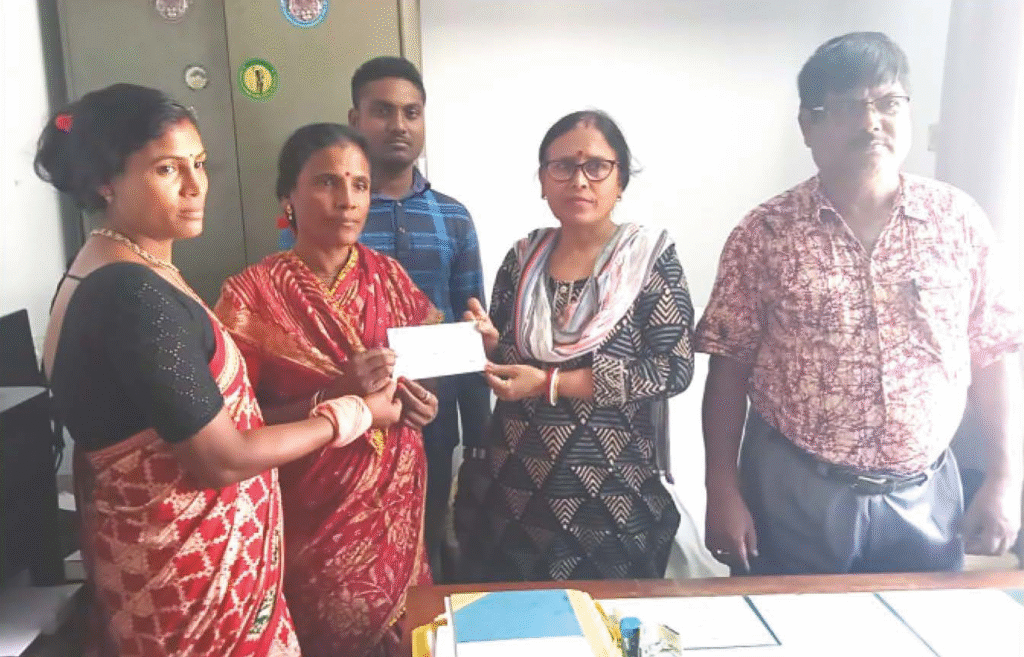
- DISHA supports them towards
running their own collectives-SH Gs, production groups, cooperatives, etc. - In fisheries, we strive for women-specific schemes and infrastructural support.
- In agriculture, our work pays special attention to women, both in families and as independent women entrepreneurs.
- In forest areas, we help form groups geared towards livelihood improvement through sustainable use of forest resource. These groups also help plant and protect mangroves.
- In the waste sector, we demand recognition of and access to value waste for waste workers, most of whom are women.
Among Mangroves, Mud, Tigers and Tides
In the land of deadly mangrove forests, treacherous creeks and terrible tides, danger is not distant. Here, many women lose their husbands to tiger attacks while fishing or collecting honey. These women from forest-fringe villages of Sundarban face not just grief, but hunger, debt and social invisibility. Their husbands, often sole earners, disappear into the deadly forests, taking with them the family’s lifeline. Though laws promise compensation, reality offers only bureaucratic silence.
The Sundarban Byaghro Bidhaba Samiti-Transcending Silence
- The spouses of tiger attack victims formed a collective with the support of DISHA
- They now organise legal awareness camps and legal aid clinics on justice and rights with help from lawyers and community activists.
- We have helped more than 300 women to trace documents, collect evidence, prepare petitions, approach the State Women’s Commission and Legal Aid Services, and demand reforms that respond with empathy.
- Their age-old efforts are yielding success-IO women have been granted compensation orders and others are waiting.
But this is not only about numbers. It is about reclaiming dignity.
Similar efforts are being taken to support to the hapless ‘ocean widows’ in the coastal fishing community whose spouses were lost to the sea.
JUSTICE - EQUITY - EMPOWERMENT
Our reach
Working Areas
At state level, DISHA is working in 19 districts in West Bengal, e.g. Kolkata, South 24 Parganas, North 24 Parganas, Howrah, Hooghly, Purba Medinipur, Paschim Medinipur, Purulia, Bankura, Paschim Bardhaman, Jhargram, Nadia, Murshidabad, Dakshin Dinajpur, Malda, Darjeeling, Jalpaiguri, Alipurduar and Coochbehar. At the National level, DISHA is involved in networking activities with small-scale fish workers of Odisha, Bihar, Jharkhand, Andhra Pradesh, Assam, Manipur, Uttar Pradesh, Uttarakhand, Maharashtra, Rajasthan, Goa, Gujarat, Jammu & Kashmir Tamil Nadu, Karnataka, Kerala and Andaman & Nicobar. DISHA belongs to networks and is associated with Community-Based Organisations at Various levels
Networking
International-Global Alliance for Incinerator Alternative (GAIA), Break Free From Plastics (BFFP), International Pollutants Elimination Network (IPEN)
National– National Federation of Small-Scale Fishworkers (NFSF), National Alliance of Peoples’ Movement (NAPM), Alliance of Waste Pickers (AIW)
West Bengal – Sabuj Mancha, Dakshin Banga Matsyajibi Forum (DMF), Uttarbanga Matsyajibi Forum (UMF), Bonadhikar Gram Sabha Morcha (Jhargram)
Documentation
Since inception we run a documentation centre where news clippings of environment and other related issues published in local daily newspapers are preserved. Apart from the same we maintain specialised documentation for our action in different sphere of activities.
Publications
- During 2000 to 2003 we published Environment Newsletter in English. Though the same has been discontinued, some of the contents may be considered still relevant and informative.
- During 2008 to 2010 we published annual anthology of environment news of West Bengal in Bengali. The news were segregated in various chapters which may give idea on different environmental issues of the state even today.
- We published books and booklets on waste, toxicity, nature-based agriculture, climate change. A fiction on the plight of a marginal woman in Sundarban was also published.
